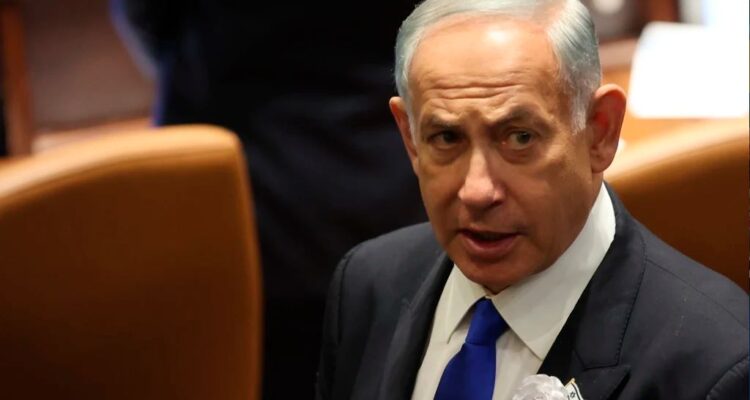Already dogged by criticism at home and abroad, a new Israeli government is set to be sworn in – the final stroke in Prime Minister-designate Benjamin Netanyahu’s political comeback.
The veteran leader, 73 and on trial for corruption charges he denies, has had to calm concerns for the fate of civil liberties, diplomacy and clean governance since his bloc of nationalist and Jewish religious parties secured a parliamentary majority in a November 1 election.
His alliance with the Religious Zionism and Jewish Power parties has stirred unease given their opposition to Palestinian statehood and some members’ past agitation against Israel’s justice system, Arab minority and LGBTQI rights.
Fending off criticism, Netanyahu has repeatedly pledged to promote tolerance and pursue peace.
“We will establish a stable government for a full term that will take care of all Israel’s citizens,” Netanyahu said on Wednesday.
Israel’s longest-serving leader, he was prime minister for three years in the 1990s and from 2009-2021, albeit at times heading a caretaker government ahead of elections.
The new government policy outline, published on Wednesday, said it would strive for peace with all of Israel’s neighbours.
The first guiding principle listed, however, cited assertions of “exclusive and unassailable” Jewish national rights “throughout the land of Israel”, terminology that appeared to include the West Bank and East Jerusalem – among the territories that the Palestinians seek for a state.
Read the article by Maayan Lubell (AAP) in The Canberra Times.

